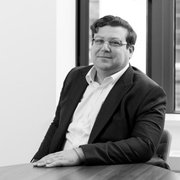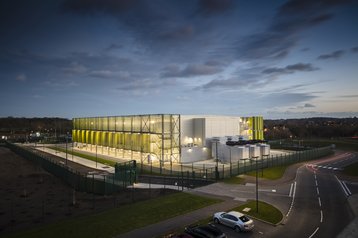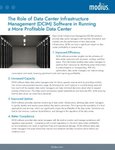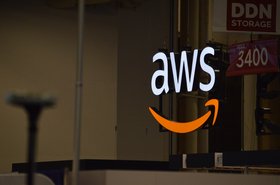We still have a lot to learn from Sir Charles Kao, the physicist termed the ‘father of fiber optics,' the Nobel Prize winner, the inspiration behind our name at Kao Data (and latterly turned into a ‘Google Doodle’) who would have celebrated his 89th birthday today.
It was important to me when choosing a name that it reflected the endeavor and enterprise that building something new involves. Like the breakthroughs achieved by Sir Charles – it takes time, there are setbacks, but it is worth it in the end.
The impact of his 1960s breakthrough paper concerning the transmission of light in fibers for optical communication cannot be underestimated. It continues to enable much of the digital infrastructure that society needs to enable commerce, research, hybrid working, remote learning and creative collaboration across all industries.
His lifework was the bedrock on which we built Kao Data, with our Harlow HQ on the site where Sir Charles’s discovery was made.
In memory of him, here are three ways his intelligence, drive and impact continue to lead us all.
Creating a legacy beyond our own success
In his 1966 paper with co-author George Hockham, Kao unveiled the performance characteristics and design parameters necessary to underpin a successful fiber optic network. Predictably, for that time, plenty of early naysayers piped up, quick to criticize.
“If you really look at it, I was trying to sell a dream … There was very little I could put in concrete to tell these people it was really real,” he once said.
Undeterred, Kao went about spectrophotometric experiments to prove the existence of silicon dioxides with attenuation low enough for his discovery to work. It was only a matter of time until the scientific community problem-solved optical fibers of the required dimensions and strength – and here they are, in use throughout the world.
The successful mass adoption of fiber optic began with the tremendous change Kao achieved and his unrelenting spirit of innovation and tenacity.
Lifelong learning and enabling others
Kao collaborated with many visionary innovators throughout his life with results that speak for themselves. He benefited from a diverse early life in Chinese and Western education and worked worldwide in the private sector and in academia – returning to Chinese University (CUHK) before retiring.
“When you are young, you are fervent about the things you believe in,” he has said.
The Kao Academy, launched in May 2022 by KAO data in association with Cambridge Science Centre, an independent, educational charity, that has proven to be another opportunity to celebrate Sir Charles’s legacy. It is an industry-first science, technology, engineering, and math (STEM) resource, designed to engage children with the purpose and role of data centers. We have seen amazing engagement from budding engineers giving us a glimpse of what the future in the industry holds.
We will never succeed unless we all succeed
Kao’s discovery remains the foundation of our growing global digital infrastructure and data center industries. I can’t help but imagine the contributions he could make to our efforts to create responsible, reliable and resilient networks and storage today.
He has helped to create the digital, hyper-connected world we all now take for granted. I should think that our climate emergency, economic headwinds and global supply chain fragilities would cause Kao concern, but in his accomplishments, we can find cause for optimism.
Fiber optic medical device manufacturing times are reducing. UK Power Networks will conduct the first trial of fiber optic temperature sensing technology. Thanks to Kao, broadband networks continue to reach parts of the world in crucial need of connectivity and communication.
‘We will never succeed unless we all succeed,’ is a mantra jointly embraced by Goldacre and Kao Data. We are committed to building on Sir Charles’s pioneering legacy and – where our investments, teams and tech can drive change – ensuring it benefits people and planet for generations to come.





